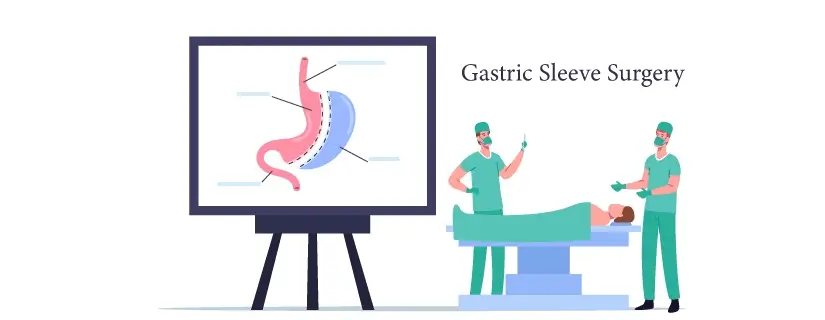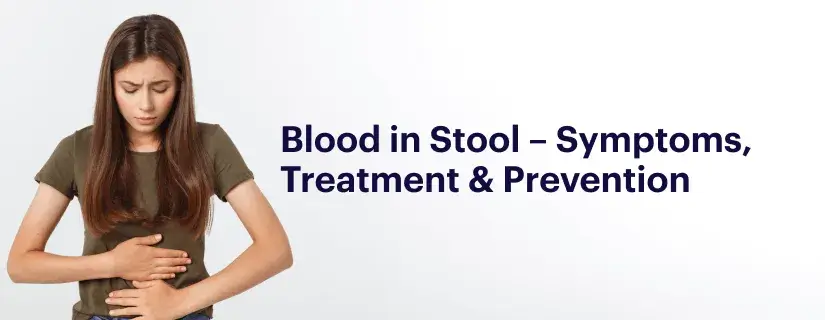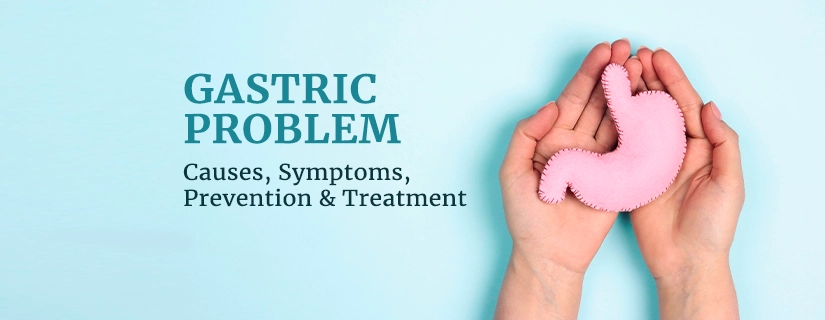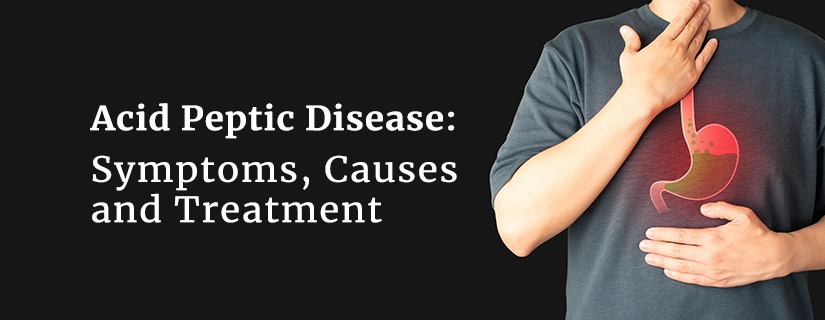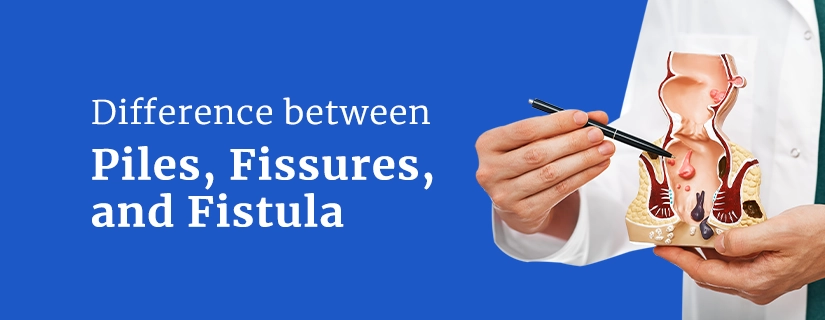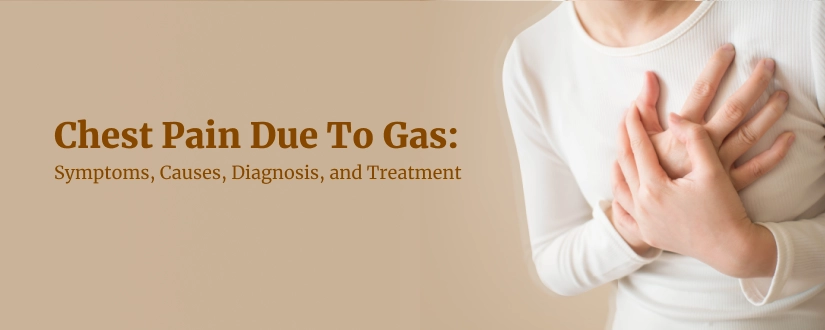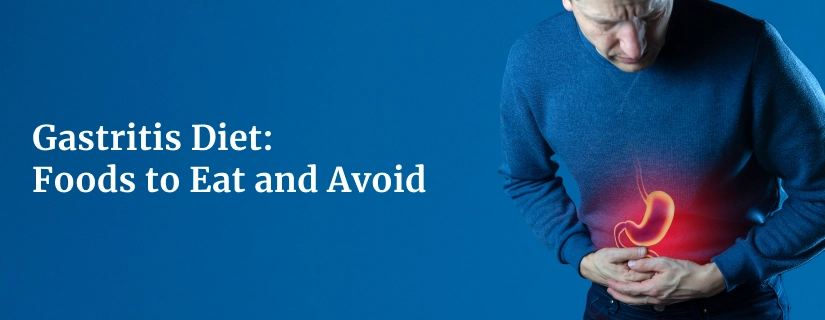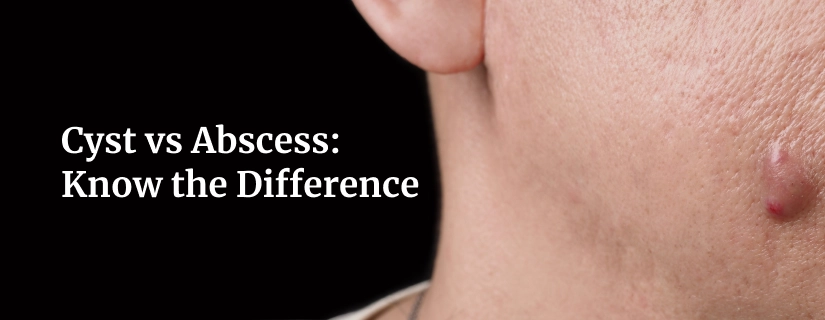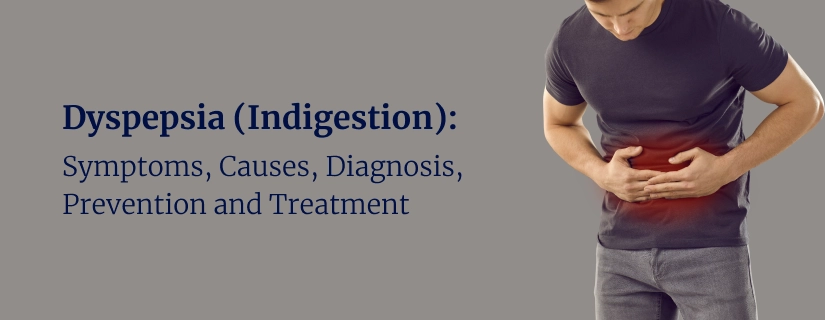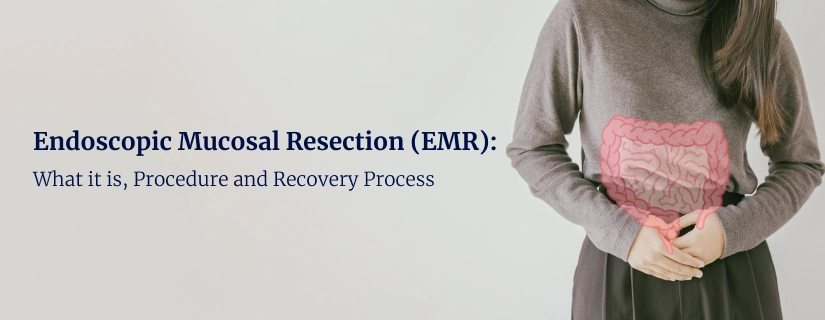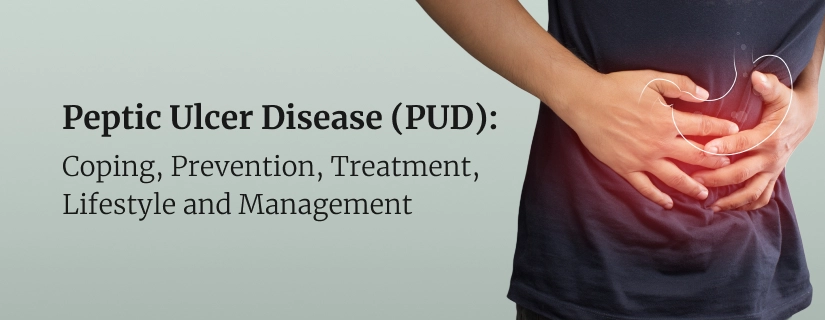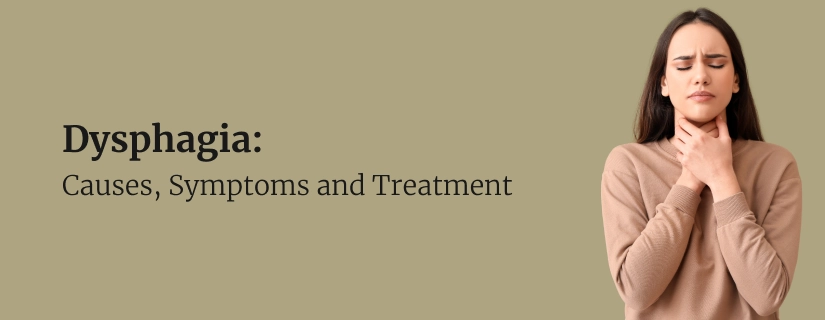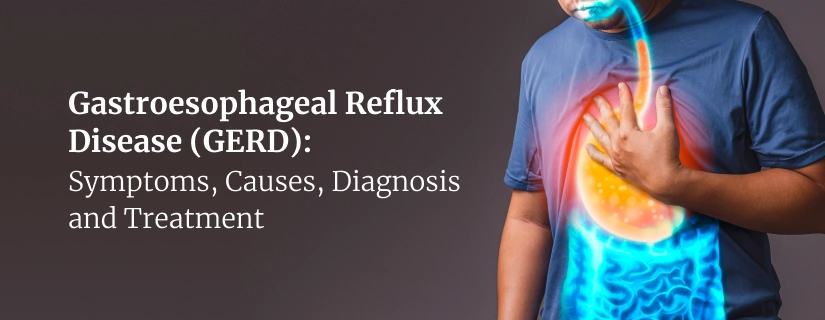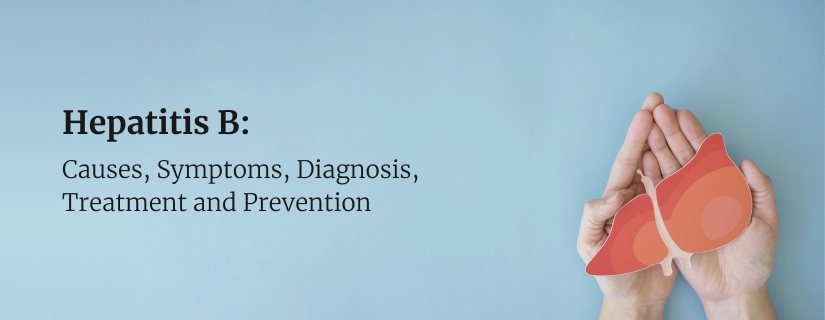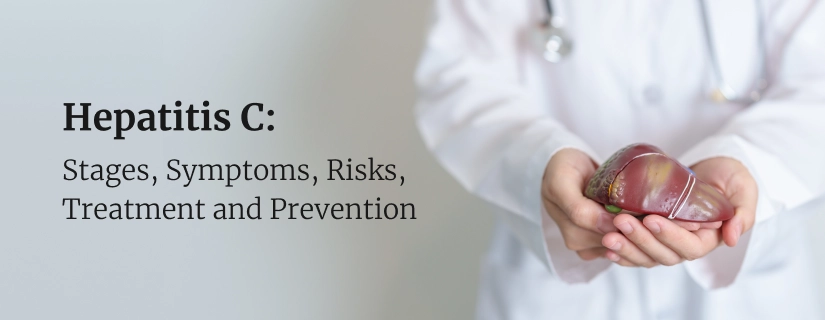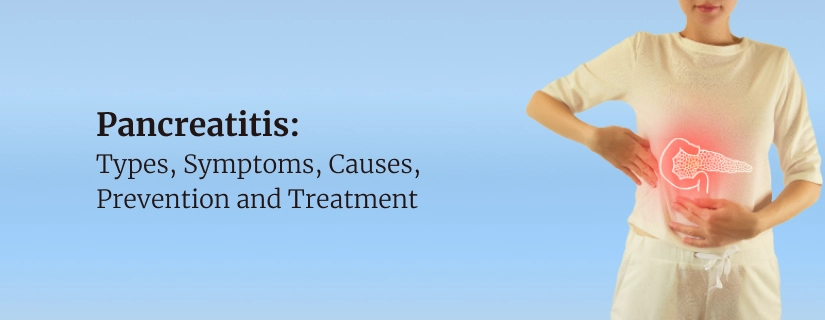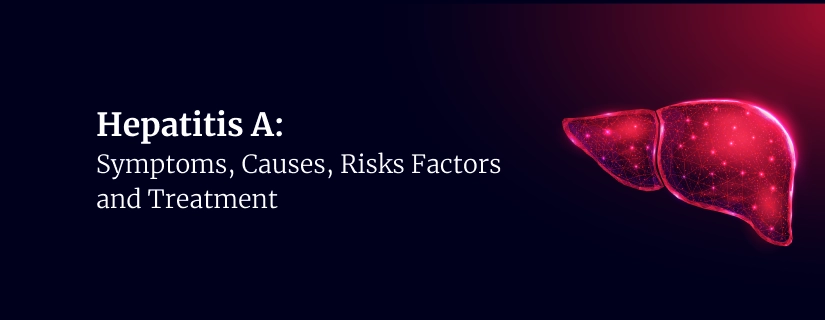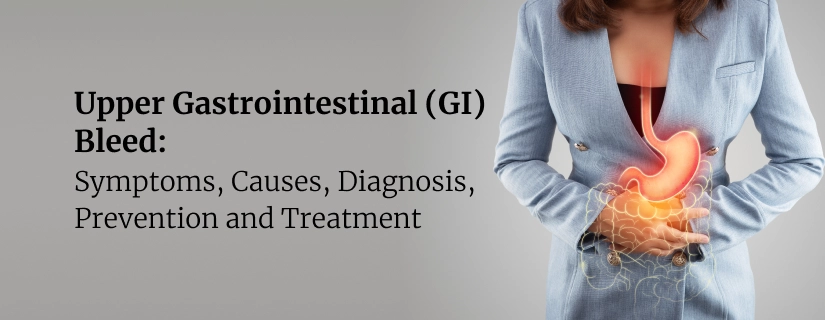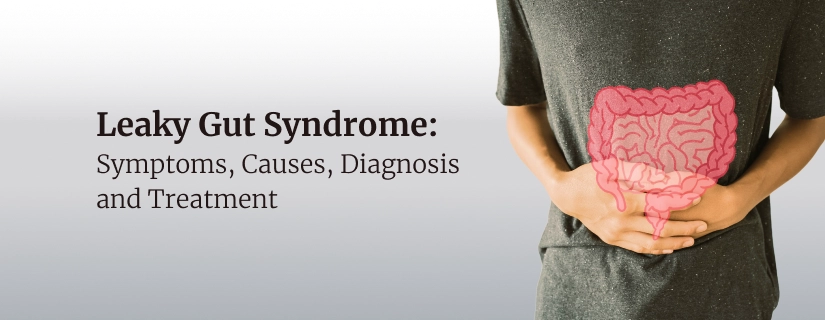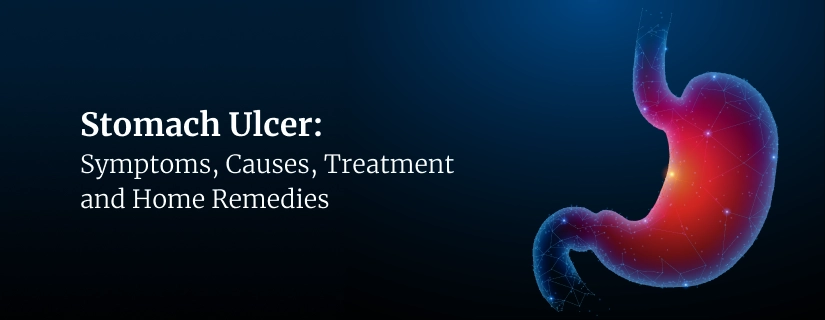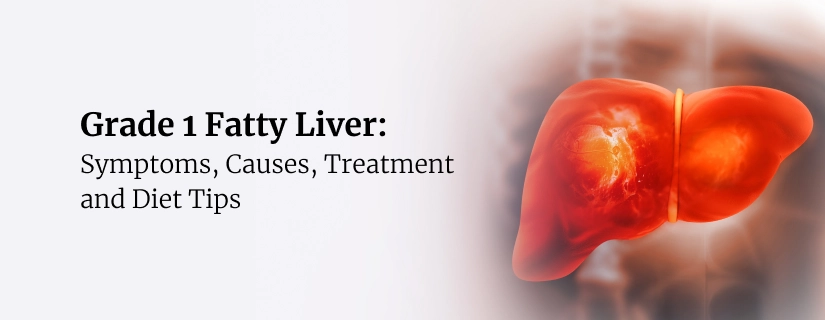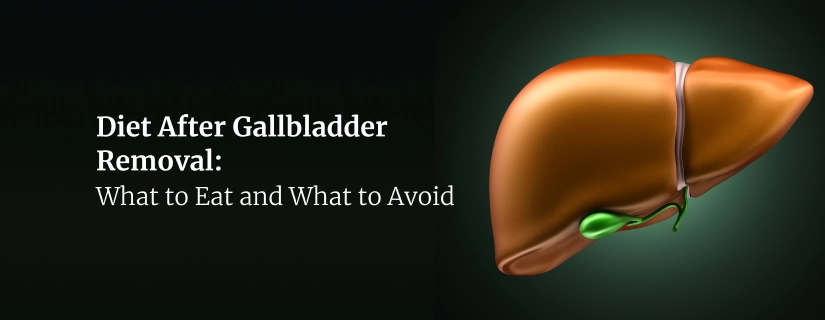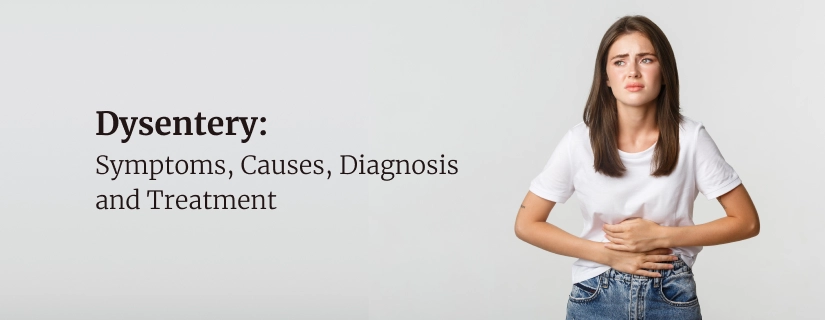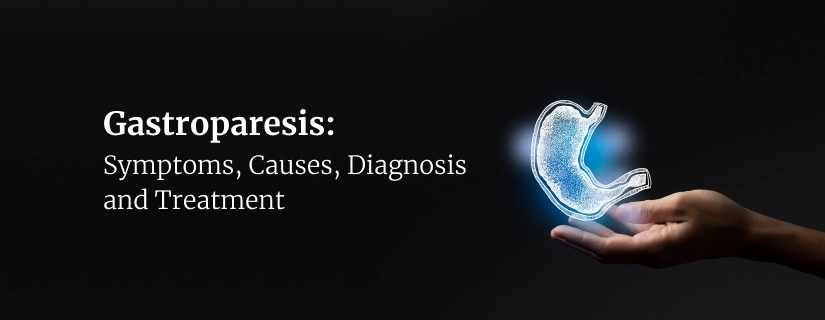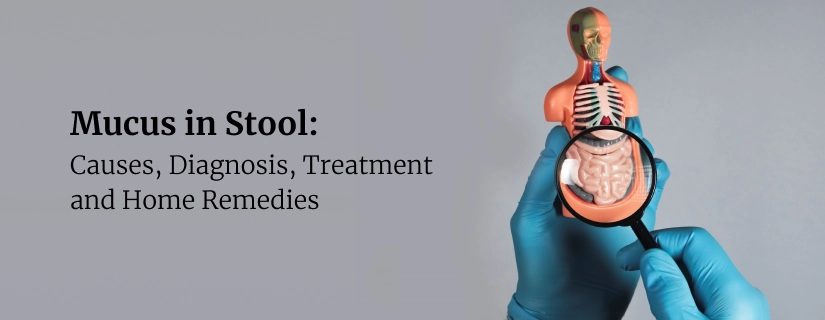-
Doctors
-
Specialities & Treatments
Centre of Excellence
Specialties
Treatments and Procedures
Hospitals & Directions HyderabadCARE Hospitals, Banjara Hills CARE Outpatient Centre, Banjara Hills CARE Hospitals, HITEC City CARE Hospitals, Nampally Gurunanak CARE Hospitals, Musheerabad CARE Hospitals Outpatient Centre, HITEC City CARE Hospitals, Malakpet
HyderabadCARE Hospitals, Banjara Hills CARE Outpatient Centre, Banjara Hills CARE Hospitals, HITEC City CARE Hospitals, Nampally Gurunanak CARE Hospitals, Musheerabad CARE Hospitals Outpatient Centre, HITEC City CARE Hospitals, Malakpet Raipur
Raipur
 Bhubaneswar
Bhubaneswar Visakhapatnam
Visakhapatnam
 Nagpur
Nagpur
 Indore
Indore
 Chh. Sambhajinagar
Chh. SambhajinagarClinics & Medical Centers
Book an AppointmentContact Us
Online Lab Reports
Book an Appointment
Consult Super-Specialist Doctors at CARE Hospitals
Top 5 Liver Diseases and Their Causes
Updated on 18 July 2022
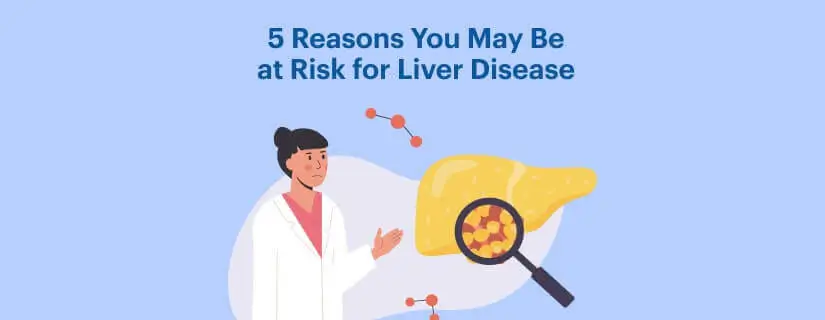
The liver is the largest solid organ of the human body. It performs a myriad of important and life-sustaining functions. Metabolic, immunologic, synthetic, and detoxifying are some of these. If it does not function properly or stops working, it may have serious effects on the entire body. There are many diseases and disorders related to the liver and there are several reasons for liver disease that can turn out to be life-threatening. Liver disease is a common term referring to any condition affecting your liver that can damage your liver and/or affect its function.
Top Five Liver Diseases and Their Causes:
1. Hepatitis
Hepatitis is an inflammation of the liver. It can be caused by either infectious or non-infectious agents. The common infectious agents are the Hepatitis viruses (A, B, C, D & E). Non-infectious causes of hepatitis include excess consumption of alcohol, fatty liver, certain drugs, medications, and toxins. Autoimmune diseases can also cause hepatitis. Hepatitis impairs the normal functioning of the liver and causes symptoms such as fever, jaundice, pain abdomen, weakness, nausea, and vomiting. The viruses causing hepatitis can spread from one person to another via:
Hepatitis A and E occur due to the consumption of contaminated food or water. Improper washing of fruits and vegetables, drinking dirty water, and handling food with hands contaminated with fecal matter are the common causes of Hepatitis A and E infection.
Hepatitis B, C, and D are spread by exposure to bodily fluids, such as blood, vaginal secretions, and semen. Blood transfusions with unscreened infected blood used to be a common cause of disease transmission. Sharing needles for body piercing, tattooing, and IV drug use is also a common cause of transmission of these viruses. The use of common blades for shaving is common in certain rural areas. Unprotected and unsafe methods of sexual contact are also a common mode of disease transmission.
2. Fatty liver disease
Fatty liver disease is caused due to fat buildup in the liver. The two types of fatty liver disease include:
-
Alcoholic fatty liver disease- Caused due to heavy alcohol consumption
-
Non-alcoholic fatty liver disease- seen in obese, diabetics, and people with metabolic syndromes
Fatty liver is an emerging health problem in India. Both high alcohol consumption and the rising incidence of obesity and diabetes contribute to fatty liver disease. Nearly 20-30 % of the general population of India has fatty liver disease. If left untreated they can lead to liver damage, cirrhosis, and liver failure. Healthy lifestyle habits can help decrease this health problem significantly. All it takes is good food, exercise, and no/limited alcohol consumption.
3. Cancer
The liver is a common site for primary and secondary malignancies. Cancer anywhere in the body has a tendency to spread to the liver and thus liver can be involved in cancers of the breast, stomach, colon, etc. The most common primary cancer of the liver is Hepatocellular carcinoma. Chronic liver disease, chronic hepatitis, alcohol, and toxins are the common causes of liver cancer.
4. Cirrhosis
Cirrhosis is the scarring of the liver tissue resulting from chronic liver diseases due to injury. Alcohol, Hepatitis B Hepatitis C and NASH ( fatty liver disease ) are the common causes of liver cirrhosis in India The liver tissues can restore in response to damage, but the process results in the development of scar tissue. The more amount of scar tissue development makes it harder for the liver to function properly. Abnormal functioning of the liver can result in jaundice, bleeding abnormalities, and fluid accumulation in the limbs and tummy. In later stages, the other systems in the body can also be affected causing damage to the kidneys, brain, heart, and lungs.
Cirrhosis is often treatable in the early stages by treating the cause and managing the symptoms with medications. But if it is not managed through proper treatment or if the disease progresses then it can lead to other complications and become life-threatening. It can progress to chronic liver failure.
5. Liver failure
When a significant part of the liver gets damaged due to any cause it cannot function properly. This condition is known as liver failure. Liver failure can be acute or chronic. Acute liver failure is usually caused by Hepatitis A & E, drug overdose (paracetamol, anti-TB drugs, etc), and certain toxins (ratol). The common causes of chronic liver failure are alcohol, Hepatitis B & C, NASH, etc. The common symptoms of liver failure are jaundice, bleeding from gums and intestines, drowsiness and coma, etc. Liver failure is a life-threatening condition requiring intensive hospital care in the best hospital for liver treatment. Liver failure requires specialised care in a unit capable of handling such patients. If medical management fails then a liver transplant may be required in such cases
Symptoms of Liver Problems
Liver problems can manifest through various symptoms, although some liver conditions might not show noticeable symptoms in the early stages. However, when symptoms do appear, they might include:
- Jaundice (Yellowing of the skin and whites of the eyes)
- Abdominal pain and swelling
- Fatigue
- Nausea and vomiting
- Significant decrease in hunger or interest in food.
- Unexplained weight loss
- Itchy skin
- Changes in urine and stool colour.
- Swelling in the legs and ankles
- Easy bruising and bleeding
- Confusion, trouble concentrating, or memory problems.
It's crucial to note that these symptoms can indicate various liver issues, including hepatitis, cirrhosis, fatty liver disease, liver infections, or liver cancer. If you experience persistent or worsening symptoms related to your liver or suspect any liver problems, it's advisable to seek medical attention promptly for proper diagnosis and treatment.
Treatments
The treatment for liver problems depends on the specific condition and its underlying cause. Here are some common approaches used in managing liver issues:
- Medications: Depending on the liver condition, medications might be prescribed to manage symptoms, reduce inflammation, control viral infections (in cases of hepatitis), or address specific liver-related issues.
- Lifestyle changes: Adopting a healthy lifestyle can significantly impact liver health. This includes maintaining a balanced diet low in processed foods and saturated fats, limiting alcohol consumption, staying hydrated, and regular exercise.
- Treatment for underlying causes: If the liver problem stems from an underlying condition such as hepatitis, cirrhosis, fatty liver disease, or liver cancer, specific treatments aimed at managing or addressing these conditions will be implemented. For instance, antiviral medications for hepatitis, lifestyle modifications for fatty liver disease, or surgery for liver cancer.
- Liver transplant: In severe cases where the liver is extensively damaged and no other treatment is effective, a liver transplant might be considered. This involves surgically replacing the diseased liver with a healthy liver from a donor.
- Management of complications: If liver problems lead to complications such as ascites (abdominal fluid buildup), hepatic encephalopathy (confusion due to liver dysfunction), or bleeding disorders, specific treatments or procedures are used to manage these complications.
- Regular monitoring and follow-up: For chronic liver conditions, regular check-ups and monitoring are essential to track the progression of the disease, assess liver function, and adjust treatment plans accordingly.
It's crucial to consult with a healthcare professional or a liver specialist (hepatologist) for an accurate diagnosis and appropriate treatment plan tailored to your specific liver condition and health needs. Treatment strategies can vary widely based on the individual's health status, the severity of the liver problem, and its underlying cause.
Conclusion
Liver diseases need proper medical attention and if ignored, they can put you in serious health trouble. There are vaccines available for certain types of hepatitis, but otherwise, you have to be careful not to put your liver at risk by following a healthy lifestyle (diet, exercise and food). If you have any of the symptoms suggesting any liver disease, you should immediately take medical advice from the liver treatment hospital in Hyderabad and follow it regularly.

ENQUIRY FORM
SELECT CATEGORIES
-
Neurosciences (16)
-
Neurology (37)
-
Neurosurgery (14)
-
Orthopaedics (48)
-
Oncology (33)
-
Obstetrics and gynecology (52)
-
Pulmonology (23)
-
Urology (20)
-
Nephrology (13)
-
Psychiatry (7)
-
Dietetics and Nutrition (111)
-
General Medicine (63)
-
Cardiac Sciences (32)
-
Vascular & Endovascular Surgery and Interventional Radiology (15)
-
Gastroenterology (46)
-
Endocrinology (23)
-
Plastic Surgery (10)
-
Critical Care Medicine (5)
-
COVID-19 (16)
-
Dermatology (16)
-
Emergency Care (1)
-
Ophthalmology (4)
-
Pediatrics (14)
-
Laparoscopic and Bariatric Surgery (8)
-
ENT (15)
-
Kidney Transplant (1)
-
Liver Transplantation and Hepatobiliary Surgery (5)
-
General Surgery (3)
-
Internal Medicine (5)
-
Medicine Information
Liver transplant: Everything you must know
16 Foods That are Good for Your Liver
YOU MAY ALSO LIKE
RECENT BLOGS
-

Preterm Birth (Premature Birth): Symptoms, Causes, Treatment and Prevention
13 May 2025
Read More
-

Rotablation Angioplasty: Benefits, Treatments, And Recovery Time
9 May 2025
Read More
-

What Is The Difference Between IUI and IVF?
9 May 2025
Read More
-

Venous Malformations: Causes, Symptoms, and Treatment
30 April 2025
Read More
-

Varicose Vein Foam Sclerotherapy: Treatment, Benefits, and Procedure
30 April 2025
Read More
-

Radiofrequency (RF) Ablation Treatment for Varicose Veins: Know More
30 April 2025
Read More
-

Varicose Vein Sclerotherapy: Treatment, Benefits, and Procedure
30 April 2025
Read More
-

Varicose Vein Endovenous Laser Ablation: Procedure, Benefits, Risks
30 April 2025
Read More
Have a Question?
If you cannot find answers to your queries, please fill out the enquiry form or call the number below. We will contact you shortly.







